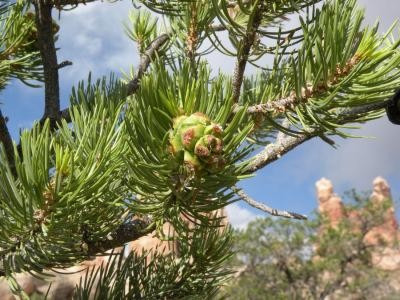Noise Pollution Impacts Ecosystems, Research

The cacophony from modern life can give headaches to humans, but noise from traffic, construction and other human activities has large-scale ecological impacts that include species dispersal and decreased plant pollination, according to a new study.
Previous noise pollution studies focused on animal communication, but the authors of the new report said no studies previously looked at the noise pollution effects on ecosystems.
What we have to realize is that if we see a disturbance in a species that is really important for the community, it is going to have these cascading effects throughout the ecosystem, Clinton Francis, study author and evolutionary ecologist at the National Evolutionary Synthesis Center in North Carolina, told Discovery News. And we might see some really large-scale changes due to the responses of one or two important species.
The Environmental Protection Agency defines noise pollution as excessive and unwanted noise that interferes with normal activities such as sleeping and conversation.
How does noise pollution hinder plant reproduction? Many plants rely on birds, insects and other animals to distribute seeds and pollen, and noise pollution can hinder this process, the authors wrote. Ecologists focused on a wooded area in New Mexico and found that western-scrub jays, a bird responsible for spreading pinyon pine tree seeds, disappeared from noisy areas.
The disappearance of jays from noisy areas could mean fewer pinyon pine trees, which would have a cascading effect on the plants, animals and fungi that rely on the trees for food and shelter.
The problem is that the full effects of noise exposure may not be felt by the ecosystem for many decades, Francis told LiveScience, adding that pine trees grow very slowly.
As jays disappeared, an increased number of black-chinned hummingbirds moved in, most likely because the hummingbirds don't have to fear predation from jays in noisy areas, researchers suggested.
The study gives hints that the impacts that noise has on animals may magnify up the community structure and have effects across the board in the entire ecosystem, Gail Patricelli, evolutionary ecologist at the University of California, Davis, who wasn't involved in the study, told Discovery News. These are absolutely huge areas we're having an impact on. And we don't understand it much at all.
The journal Proceedings of the Royal Society B published the study on Wednesday.
© Copyright IBTimes 2025. All rights reserved.





















